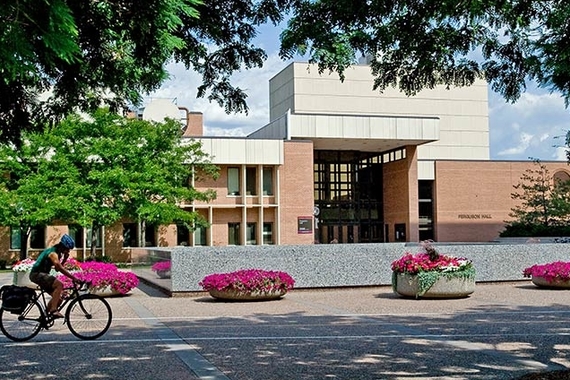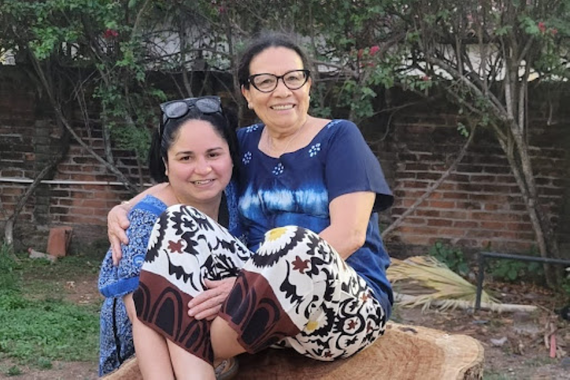COVID Through the Eyes of Historians: Erika Lee
As the coronavirus has spread, so has xenophobia and anti-Asian racism. Chinese people—and individuals assumed to be Chinese or Asian—are being targeted based on their perceived race and national origin and the belief that all Chinese/Asian peoples have the disease and are spreading the virus. The first reports came in the days and weeks after December 31, 2019, when Chinese authorities in Wuhan first reported the outbreak of the coronavirus to the World Health Organization. Chinese people were experiencing verbal and physical abuse in Britain. Some restaurants in Vietnam, Japan, and Italy refused entry to Chinese. The French press played on the idea that the virus was a 21st-century version of the “Yellow Peril”; the idea that Asia and Asians were intent on dominating the West. In the United States, Asian Americans have faced increasing hostility as the US has become the country with the largest number of cases of COVID-19. People are being spat on, verbally abused, physically attacked. Because Asian Americans have often been lumped together and treated similarly as threats, these attacks have focused on many who are not of Chinese descent. In Minnesota, a Hmong American family found this sign on their front door: "We're watching you. Take the Chinese virus back to China. We don't want you here infecting us with your diseases." It was signed, "Your friendly neighborhood." In the past two weeks alone, 1000+ anti-Asian incidents have been reported.
What these headlines make clear is that the pandemic has revived and fed upon existing racist, anti-immigrant narratives that are part of the United States’ long history of xenophobia and racism. Migrants have long been likened to being parasites. They have been called an “invasive” population, a plague, an “invisible threat” like pathogens. They have been stigmatized as being carriers of dangerous diseases and contagion and have been scapegoated for the public health concerns of the day. In the past, xenophobia has been used to justify harsh public health measures that have disproportionately impacted vulnerable communities and immigration exclusion and deportation. Unfortunately, the same thing is happening today.
Asian American leaders and organizations are responding. Russell Jeung, a professor of Asian American Studies at San Francisco State University, started tracking these attacks on a new website he helped launch called Stop AAPI Hate. The New York Attorney General launched a hotline to report coronavirus hate crimes and xenophobia directed against Asian Americans. Last week, Minnesota Governor Tim Walz established a discrimination helpline for our state. Other organizations are also responding through education and action. There is hope that not only will we be able to better track these incidents but also stop them.


